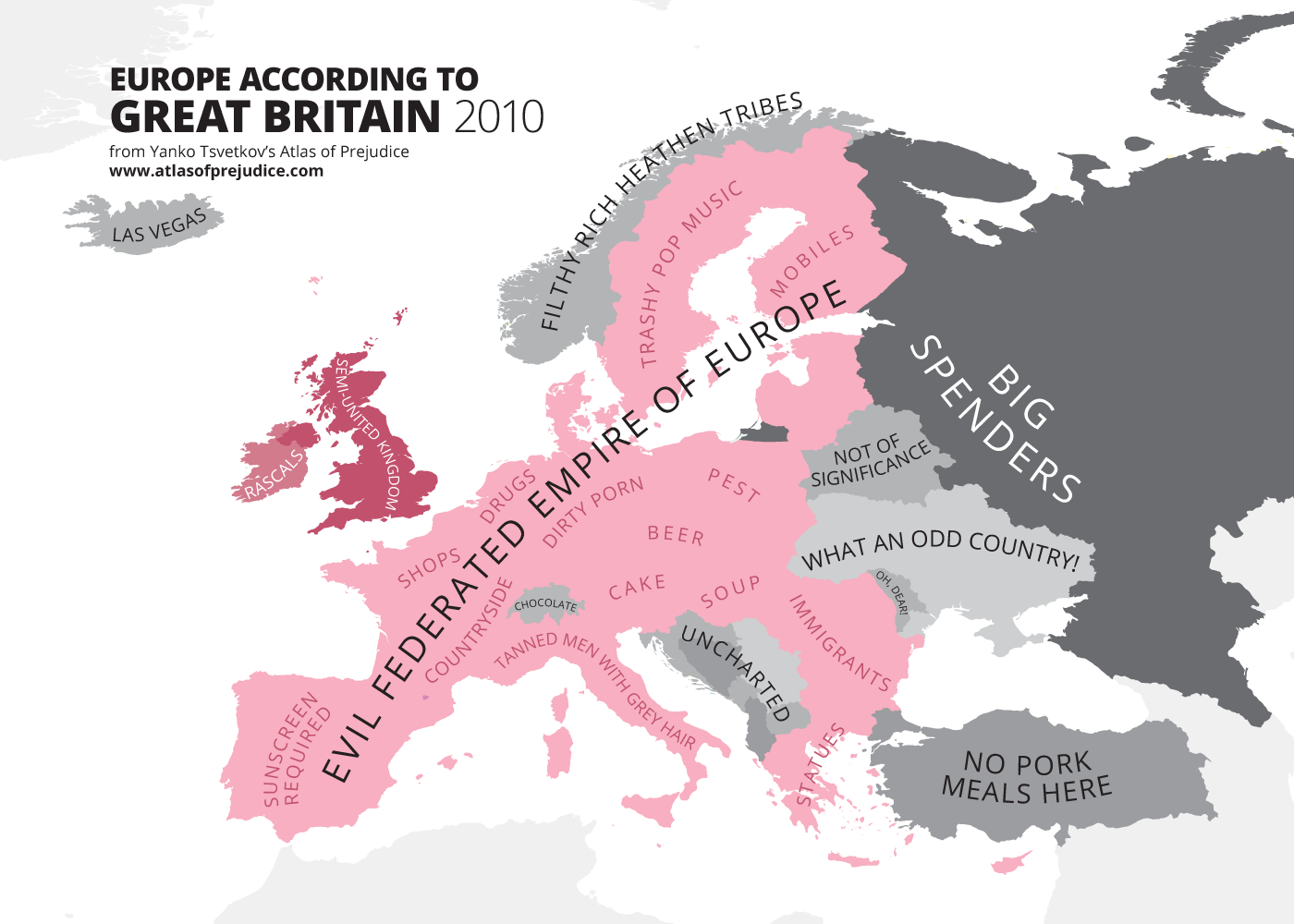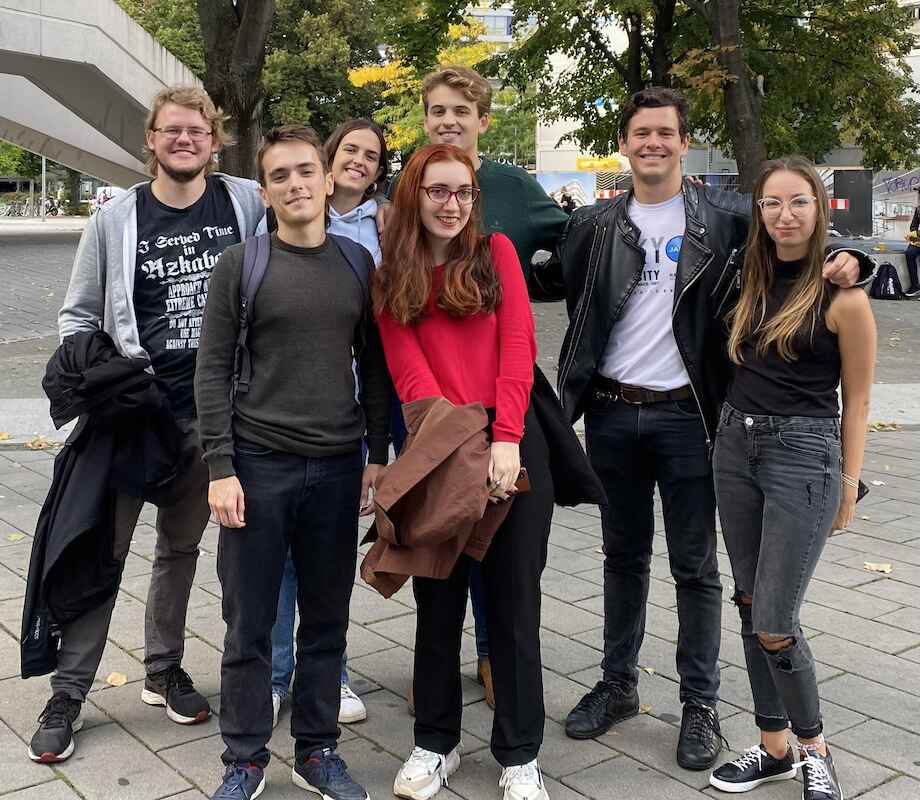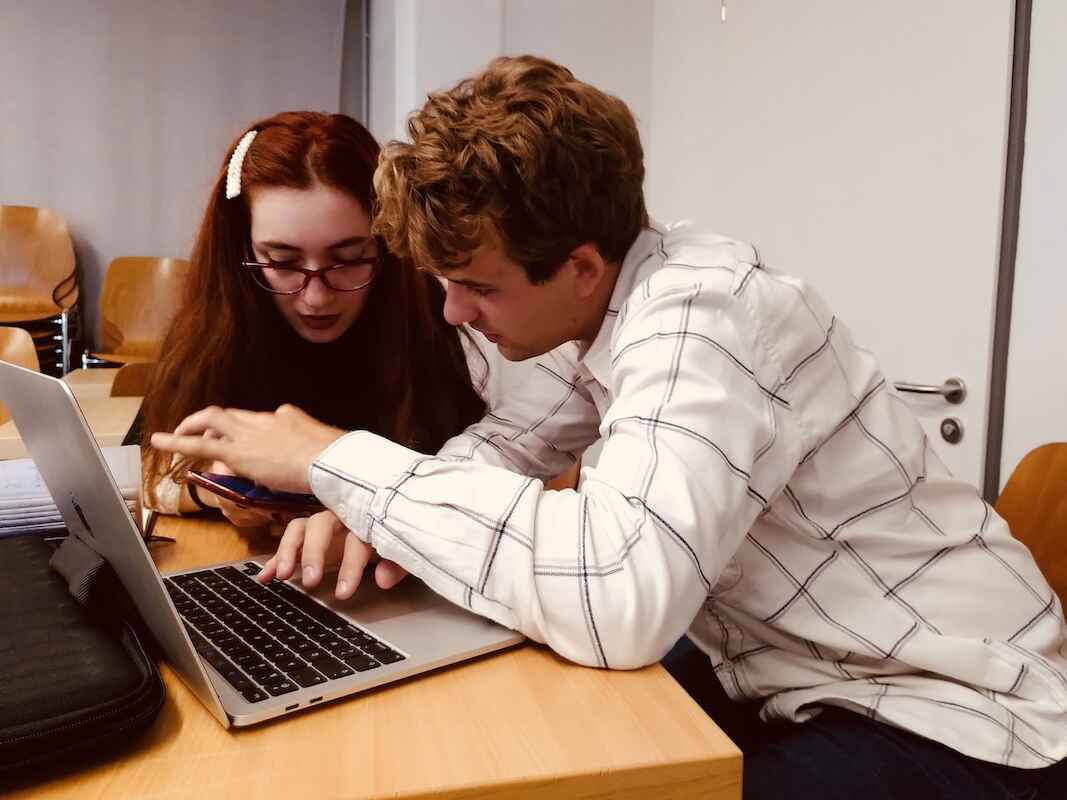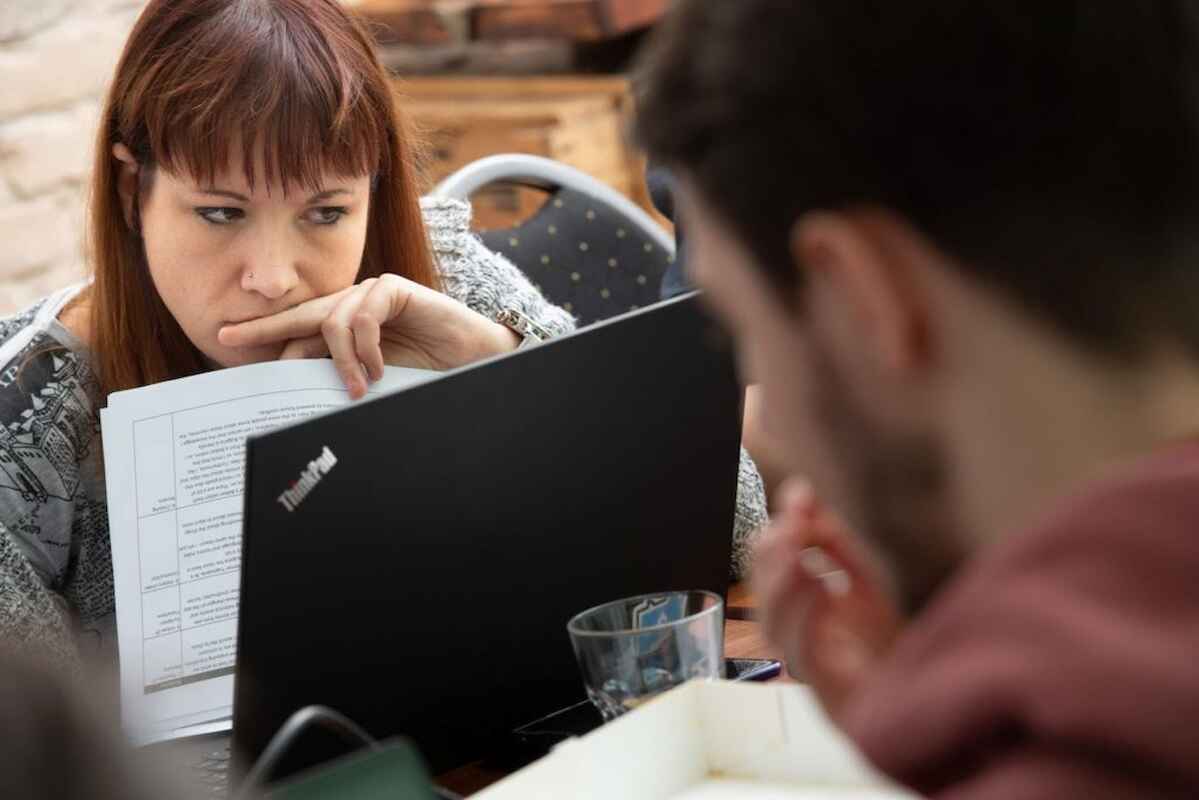
Photo: David Ausserhofer
EUSTORY History Campus
Critical, young voices and diverse approaches to current issues of remembrance culture: The EUSTORY History Campus offers young authors from Europe and its neighbouring countries a public platform to make their perspectives on history and the present, society and identity visible. At EUSTORY Summits and other international EUSTORY Youth Activities, the public blog also provides a protected forum in the form of virtual classrooms in which Europemakers of tomorrow work collaboratively and across borders.
The Blog

The public blog forms the heart of the EUSTORY History Campus. Here, young Europeans share their perspectives on current questions of European history and identity, using very personal approaches and starting points: What does the grandmother’s heirloom reveal about the effects of the Carnation Revolution in Portugal? Why is the monument dedicated to the Red Army in Bulgaria’s capital currently so controversial? To what extent can a semester abroad in Belgium change one’s own view of the foreign, but also the perception of national historiography? And above all: What do these questions have to do with the present and with European identity?
In various thematic categories and journalistic formats, young perspectives are given a voice on the EUSTORY History Campus Blog and promote international dialogue on history and the present in their versatility and subjectivity.
Are you interested in history and would like to journalistically prepare a specific topic to be published on the blog? Become an author!
More information can be found here.
Latest Blogposts

Football, Flags & Feeling German
Germany's relationship with patriotism? Complicated. During football tournaments, it has become a tradition to fight over the German flag. Our EUSTORY History Campus authors Marlene and Yannis asked young Germans what they think about national symbols. The post Football, Flags & Feeling German appeared first on EUSTORY History Campus.
to article
The Geography of Stereotypes
What truths lie behind national stereotypes, and why are they so persistent? Marlene from Germany puts them to the test - with the help of young Europeans. The post The Geography of Stereotypes appeared first on EUSTORY History Campus.
to article



